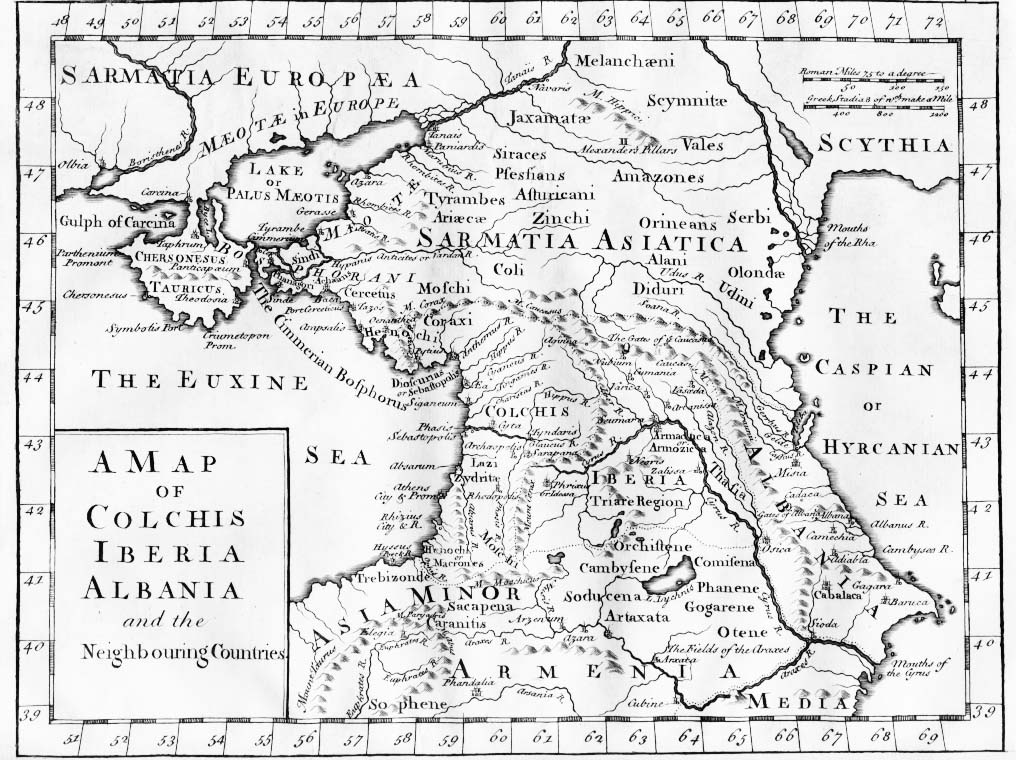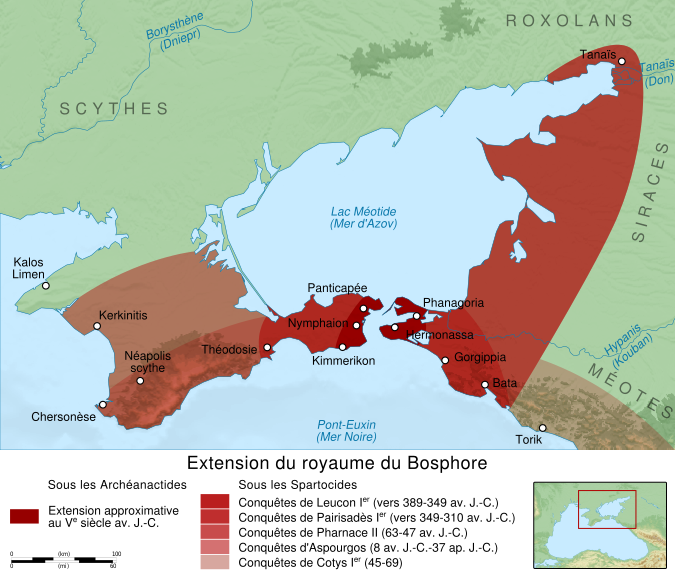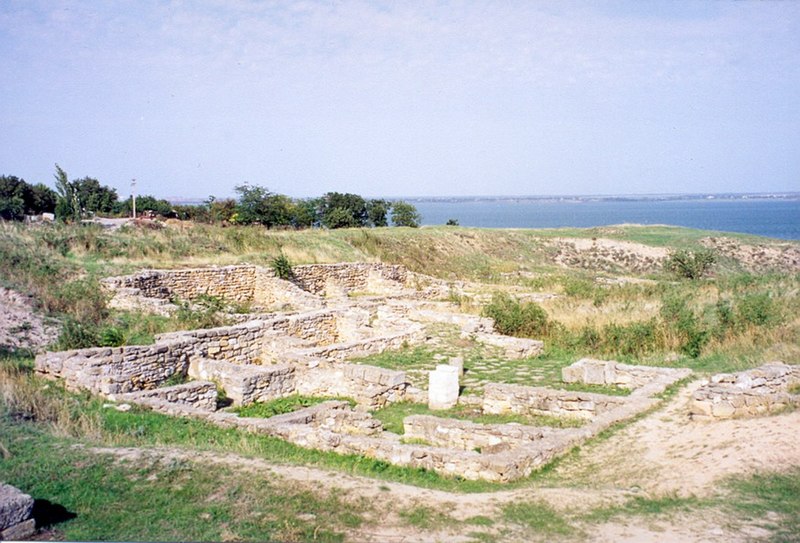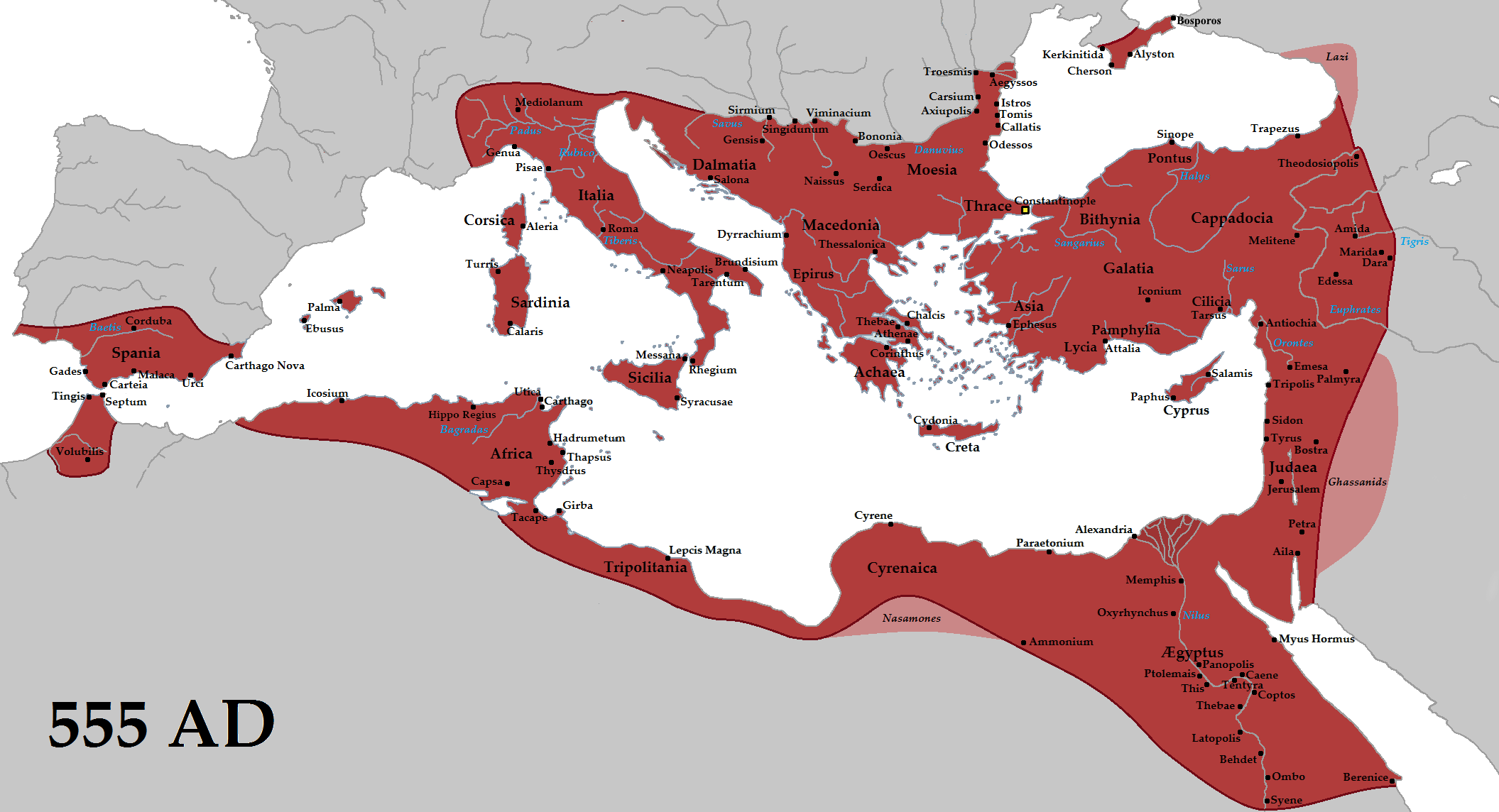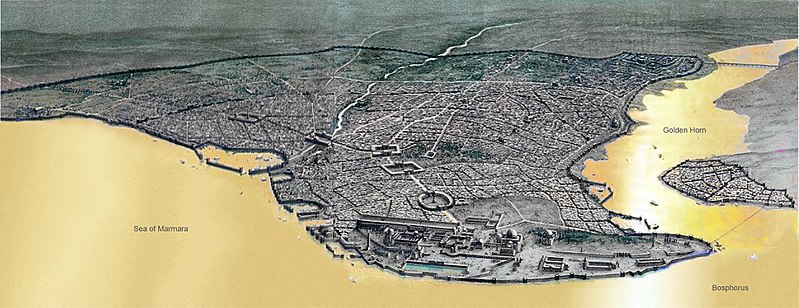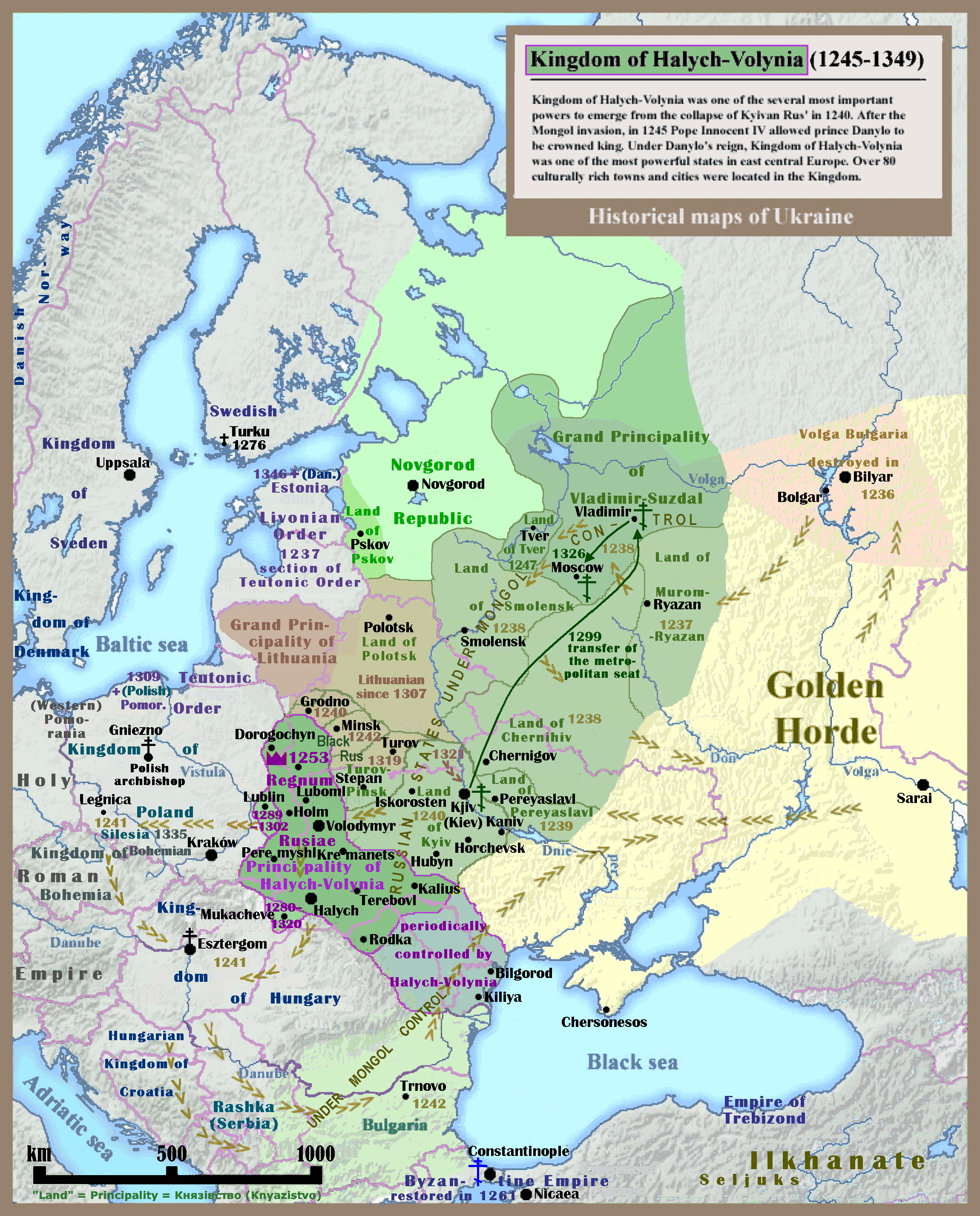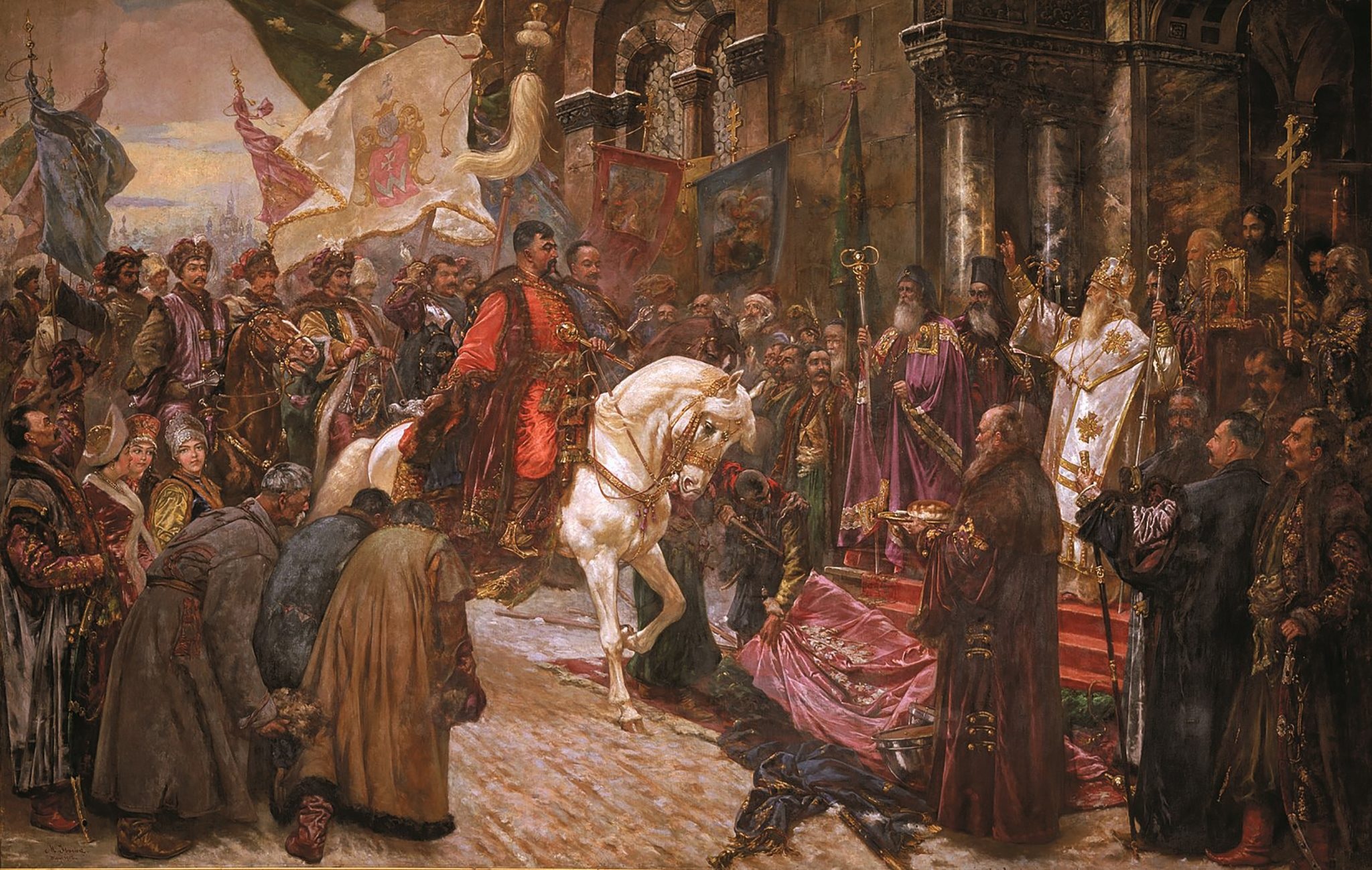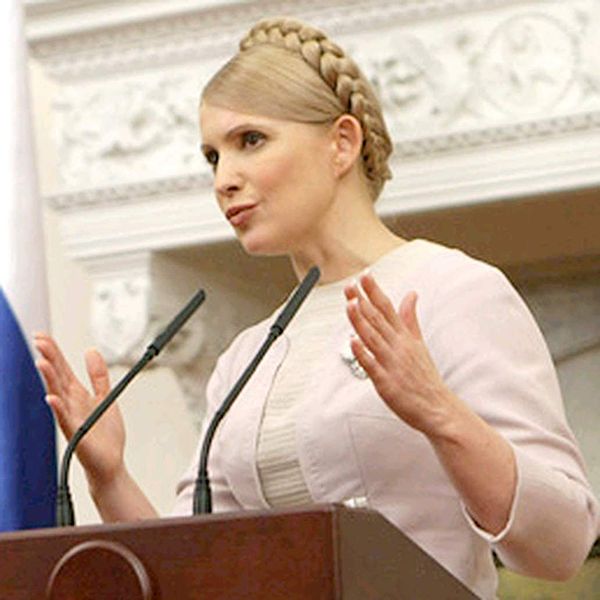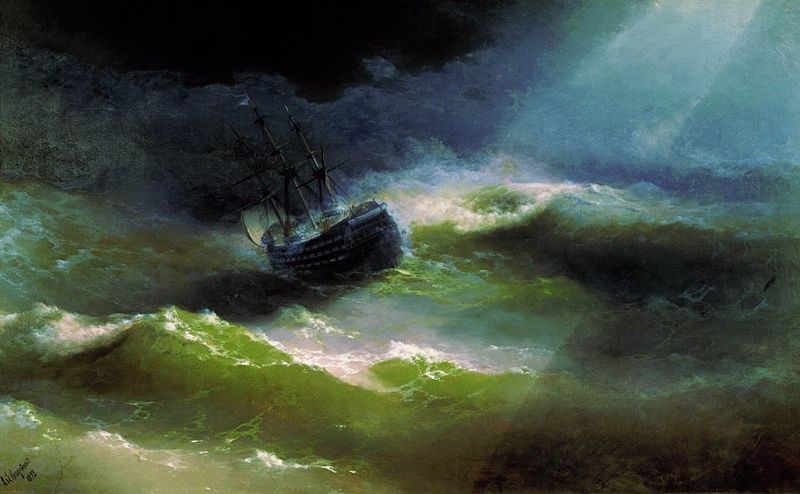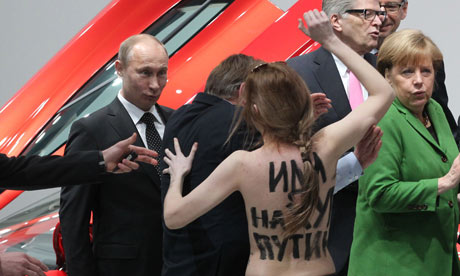
Um dos dois submarinos adjudicados a um consórcio Alemão (German Submarine Consortium) envolto em fumos de corrupção, com elevados custos de oportunidade para a Nação por via do seu representante, o Estado, um dos muitos casos de desperdício de dinheiros públicos:
* «No quadro do Programa Relativo à Aquisição de Submarinos (PRAS), (...) o Ministro de Estado e da Defesa Nacional propõe que a adjudicação seja feita à proposta do submarino na versão técnica com AIP do GSC, graduada em 1.o lugar.
Assim:
Nos termos da alínea g) do n.o 1 do artigo 200.o da Constituição, o Conselho de Ministros resolve:
1 — Homologar a Proposta de Adjudicação do Ministro de Estado e da Defesa Nacional, de acordo com
a alínea a) do n.o 2 do artigo 31.o do PRAS.
2 — Determinar a notificação da presente resolução e Proposta de Adjudicação objecto de homologação aos
participantes DCN-I e GSC.
3 — Mandatar o Ministro de Estado e da Defesa Nacional para conduzir as diligências com vista à celebração dos contratos a que alude o artigo 34.o do PRAS, assim como de outros contratos que se revelem necessários ou adequados no quadro da execução do programa identificado com «capacidade submarina» (...).
Presidência do Conselho de Ministros, 6 de Novembro de 2003. — O Primeiro-Ministro, José Manuel Durão Barroso.
«Programa Relativo à Aquisição de Submarinos Destinados à Marinha Portuguesa — Proposta de Adjudicação (...) propõe-se que a adjudicação seja feita à proposta do submarino na versão técnica com AIP do GSC, graduada em 1.o lugar. (...) 6 de Novembro de 2003. — O Ministro de Estado e da Defesa Nacional, Paulo Sacadura Cabral Portas.»(Resolução do Conselho de Ministros n.o 183/2003)
«(...) foram celebrados, em 21 de Abril de 2004, entre o Estado Português e o German Submarine Consortium, um contrato
de aquisição de dois submarinos com AIP e um contrato de contrapartidas.
Foram ainda celebrados, em 4 de Junho de 2004, um contrato de swap entre o Estado Português e o Banco Espírito Santo,
S.A., um contrato de swap entre o Estado Português e o Credit Suisse First Boston International, um contrato de cessão
de créditos entre o Estado Português e o Banco Espírito Santo, S.A., um contrato de cessão de créditos entre o Estado
Português e o Credit Suisse First Boston International e um contrato de agência e arbitragem entre o Estado Português
e as duas instituições de crédito referidas.
Nos termos do disposto no n.o 3 da Resolução do Conselho de Ministros n.o 183/2003, de 25 de Novembro, o Ministro
de Estado e da Defesa Nacional e dos Assuntos do Mar informou o Conselho de Ministros da celebração e do conteúdo
de cada um dos contratos referidos.
Assim:
Nos termos da alínea g) do n.o 1 do artigo 200.o da Constituição, o Conselho de Ministros resolve:
1 —Ratificar todos os contratos celebrados com o Estado Português no âmbito do PRAS e autorizar as despesas inerentes
aos mesmos.
2 —Designar a Comissão Permanente de Contrapartidas como órgão competente para a prática de todos os actos relativos
à execução, acompanhamento e fiscalização do contrato de contrapartidas.
Presidência do Conselho de Ministros, 5 de Agosto de 2004. — O Primeiro-Ministro, Pedro Miguel de Santana Lopes.» (Resolução do Conselho de Ministros n.o 122/2004)
Finalmente o Governo através do Vice Ministro e líder do CDS apresentou um documento aprovado em Conselho de Ministros (30-10-2013) intitulado «Um Estado Melhor» (http://www.portugal.gov.pt/media/1228115/20131030%20guiao%20reforma%20estado.pdf), «um guião com orientações para a reforma do Estado», «uma proposta aberta (...) aos partidos políticos e aos parceiros sociais (...) para ouvir, debater, alterar, em nome do interesse nacional (...). O documento voltará a Conselho de Ministros no fim desse processo de diálogo.»
Portanto, após a tomada de posse a 21 de Junho de 2011, o Governo demorou mais de 2 anos e quatro meses para apresentar um guião de orientações aberto ao contributo de partidos e parceiros, longe ainda de acções concretas, de algo que era fundamental iniciar em 2011 e ser preparado em 2010, quando foi negociado o Orçamento de Estado para 2011!!! Infelizmente os seus negociadores eram muito pobres de espírito: Teixeira dos Santos e Eduardo Catroga.
Vejamos o seu «Índice
1.Introdução: a emergência financeira e as lições aprendidas
1.1 Causas do resgate.................................................................7
1.2 Condicionantes da redução da despesa....................................9
1.3 As obrigações do Tratado Orçamental......................................15
1.4 Relação entre despesa pública e carga fiscal.............................18
1.5 Consensos para uma política de Administração Pública...............21
2. Reformar é diferente de cortar
2.1 Mudar de modelo é diferente de cumprir metas...........................28
2.2 As reformas já feitas: um processo contínuo..............................29
2.3 Flexibilizar para melhorar a economia.......................................37
2.4 Preservar e viabilizar o Estado Social.......................................38
2.5 Dar espaço ao crescimento do Produto.....................................40
3. Um Estado moderno no século XXI
3.1 Nem estatização nem Estado mínimo.....................................43
3.2 Reforma dos Ministérios: estruturas partilhadas e reforço das capacidades técnicas..45
3.3 PREMAC 2: avaliação custo-benefício das entidades..............,.49
3.4 Agregar municípios: mais descentralização de competências.....50
3.5 Evitar EP e PPP...................................................................53
3.6 Funções de soberania: um Estado forte não é um Estado pesado..............................54
3.7 As funções de regulação, supervisão e inspecção: economia de mercado não é protecção dos incumbentes..................................60
3.8 Fomento económico: apoiar e conceder..................................62
3.9 Educação: propostas de autonomia, liberdade de escolha e escolas independentes.....69
3.10 Melhorar o acesso à cultura.................................................78
3.11 Segurança social: condições para uma reforma equilibrada......79
3.12 Saúde: propostas de eficiência para garantir a universalidade do acesso....................................................................................88
3.13 Cuidar da viabilidade e sustentabilidade futura do SNS ...........90
3.14 Os eixos da reforma na Saúde .............................................92
4. O sentido útil da reforma do Estado: reduzir a carga fiscal e reduzir a burocracia
4.1 Simplificar a relação dos cidadãos e das empresas com o Estado.......99
4.2 A importância de um desagravamento fiscal ...........................100
4.3 O IRC tem de ser competitivo e estável .................................102
4.4 Comissão de reforma do IRS: valorizar o trabalho e proteger a família ..103
4.5 Fiscalidade verde ...............................................................105
4.6 Desburocratizar e organizar um Simplex 2 .............................106
4.7 Um Estado pós-burocrático .....109»
E vejamos agora o seu conteúdo
Grande parte se vê por um canudo
Lançado para os próximos anos
Para as calendas gregas e idos espartanos
É o caso da segurança social
Cuja reforma era fundamental
Para criar justiça intergeracional
Para bem de Portugal
Grande parte se vê por um canudo
Lançado para os próximos anos
Para as calendas gregas e idos espartanos
É o caso da segurança social
Cuja reforma era fundamental
Para criar justiça intergeracional
Para bem de Portugal

 Angus McBride «Amazon and Scythian horse-warriors attack Theseus outside Athens
during their legendary invasion of Attica. [Based on] A fifth-century
BC representation of possibly a Mycenean scene.» (http://gadsircomics.blogspot.pt/2007/05/angus-and-amazons.html)
Angus McBride «Amazon and Scythian horse-warriors attack Theseus outside Athens
during their legendary invasion of Attica. [Based on] A fifth-century
BC representation of possibly a Mycenean scene.» (http://gadsircomics.blogspot.pt/2007/05/angus-and-amazons.html)